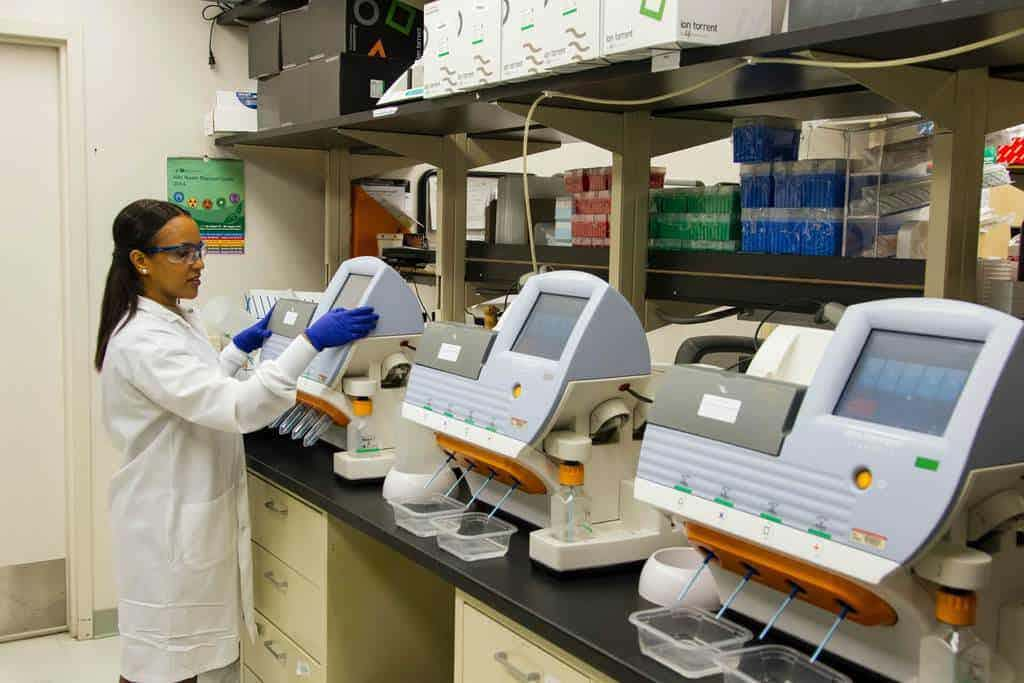New research published in The Lancet says a new rapid “bedside” test for diagnosing COVID-19 could help significantly in reducing the spread of the virus.
The study shows the test takes under two hours to produce results. This is much quicker than current tests, which require swabs and samples to be sent to laboratories for analysis, thus taking longer to show results and diagnose patients.
According to the researchers, the new rapid test will allow those who take it to self-isolate quicker should their results come out positive. With quicker instruction to self-isolate, they hope that this will help to reduce the spread of COVID-19.
The lead doctor in the study, Dr Tristan William Clark, told the BBC, "With the rapid tests, the same team admitting the patient can often do the test and check the results, making sure the patient goes to the most appropriate ward. This can mean things are much quicker."
Between March and April of this year, a group of scientists from the Southampton General Hospital called upon 500 people, displaying symptoms, to be tested with a rapid COVID-19 test. The tests were conducted near their bedsides and analysed by a machine located in the same ward.
The test allowed patients to isolate or be treated in the hospital about a day earlier than those patients tested using external laboratory analysis.
Scientists found that tests being issued to patients earlier in the year took an average of 21 hours to produce results. This caused delays in taking the correct steps for the patient - either by making them isolate or getting them to a part of the hospital where they could receive the necessary treatment.
The researchers told the BBC that testing times had improved more recently.
Clark has acknowledged that the tests are potentially more expensive; however, he believes the benefits it will contribute to how testing is conducted will quickly offset the expense.
They emphasise that carrying out more of these rapid or "point-of-care" tests will have significant benefits as they take less time. They can be done on-site, on the same day and show the patent’s results then and there.
“An exciting development” was how the test was described by Warwick Medical School’s Prof Lawrence Young.
He went on to add, "The value of this approach in rapidly identifying infected patients means that such individuals can be quickly isolated away from non-infected patients leading to improved infection control. It also means that infected patients can be more rapidly and efficiently enrolled in clinical trials."






